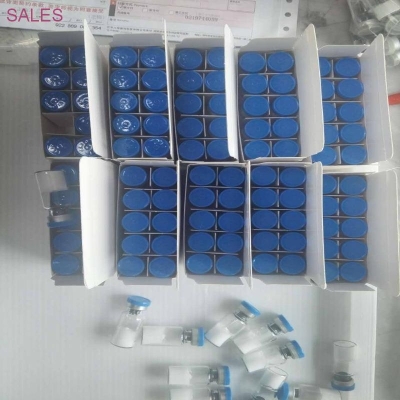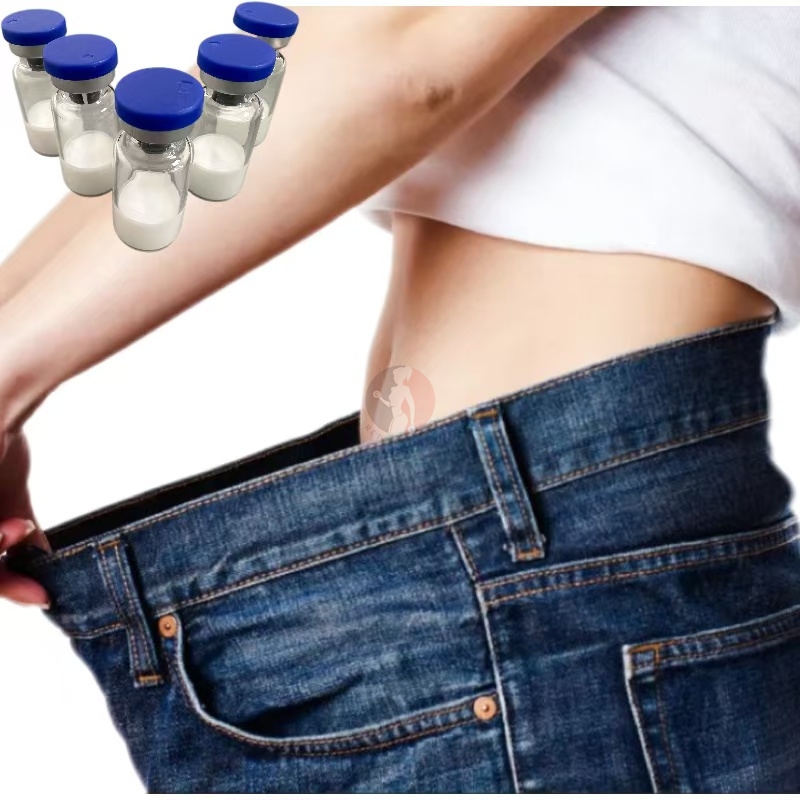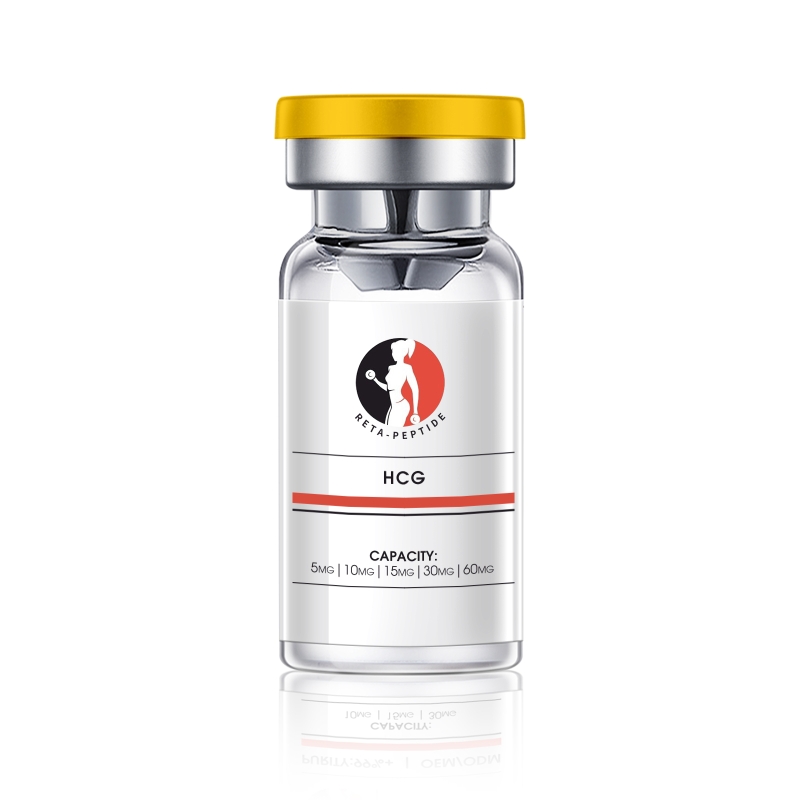-
Categories
-
Pharmaceutical Intermediates
-
Active Pharmaceutical Ingredients
-
Food Additives
- Industrial Coatings
- Agrochemicals
- Dyes and Pigments
- Surfactant
- Flavors and Fragrances
- Chemical Reagents
- Catalyst and Auxiliary
- Natural Products
- Inorganic Chemistry
-
Organic Chemistry
-
Biochemical Engineering
- Analytical Chemistry
-
Cosmetic Ingredient
- Water Treatment Chemical
-
Pharmaceutical Intermediates
Promotion
ECHEMI Mall
Wholesale
Weekly Price
Exhibition
News
-
Trade Service
Trans-4-(4-Bromophenyl)-4-(dimethylamino)-1-[2-(2-thienyl)ethyl]cyclohexanol, also known as TBT, is a synthetic compound that is widely used in various applications in the chemical industry.
One of the most common applications of TBT is as a catalyst for the production of polyester resins, which are widely used in the production of plastics, fibers, and other materials.
TBT helps to speed up the reaction between an acid and an alcohol, leading to the formation of the polyester resin.
TBT is also used as a catalyst in the production of polyurethanes, which are used in a wide range of products, including foams, coatings, and adhesives.
In this application, TBT helps to catalyze the reaction between an isocyanate and a polyol, leading to the formation of the polyurethane.
TBT is also used as a catalyst in the production of alkyd resins, which are used in the production of water-resistant paints, coatings, and other materials.
In this application, TBT helps to catalyze the reaction between a fatty acid and a polyol, leading to the formation of the alkyd resin.
TBT is also used as a catalyst in the production of nylon, which is a widely used synthetic fiber.
In this application, TBT helps to catalyze the reaction between an amino acid and a carboxylic acid, leading to the formation of nylon.
In addition to its use as a catalyst, TBT is also used as a intermediate in the production of various chemicals and materials.
It is used in the production of dyes, pigments, and other colorants, as well as in the production of fragrances and flavorings.
TBT is also used as a intermediate in the production of pharmaceuticals, including antibiotics and other medications.
It is used in the production of various enzymes and hormones, as well as in the production of certain types of plastics and other materials.
TBT is also used in the production of certain types of electronics, including circuit boards and other electronic components.
It is used in the production of certain types of adhesives and other materials that are used in the assembly of electronic devices.
In addition to its use in the production of chemicals and materials, TBT is also used in various other applications, such as in the production of certain types of inks and printing materials, as well as in the production of certain types of cleaning products and other industrial chemicals.
Overall, TBT is a versatile compound that is widely used in the chemical industry in various applications, including as a catalyst for the production of polyester resins, polyurethanes, alkyd resins, and nylon, as well as in the production of dyes, pigments, pharmaceuticals, electronics, and other materials.
Its ability to catalyze various chemical reactions makes it a valuable ingredient in many industrial processes.
It is worth noting that TBT is a highly toxic compound and its use is highly regulated in many countries due to its potential to cause harm to human health and the environment.
Proper safety measures must be taken when handling TBT and its products.







